The Hyundai Ioniq 9, the firm’s largest, most luxurious and longest-legged electric car yet, has gone on sale from £64,995.
This entry price makes it £20,000 cheaper than the Volvo EX90 and half that of the Mercedes-Benz EQS SUV, its closest rivals. It is the same price as the Kia EV9, its mechanical twin.
Hyundai's new flagship tops out at £77,595 in Calligraphy form, taking the brand into unprecedented territory. Deliveries will begin later this summer. This also comfortably outprices the Santa Fe to make it the most expensive Hyundai yet.
Offering up to 421bhp and a maximum range of 385 miles, the EV shares its E-GMP platform with the Ioniq 5 crossover and Ioniq 6 saloon.
The Ioniq 9 was revealed at the 2024 Los Angeles motor show, which is indicative of Hyundai's prevailing focus on the American market, where much of the car's development has taken place.
As the firm’s most overtly premium-focused model, the Ioniq 9 has a significant role to play in attracting custom to Hyundai from established upmarket brands like Audi and BMW. Design boss Simon Loasby is confident it can serve this purpose, telling Autocar that the Ioniq 9 is emblematic of Hyundai’s drastic shift in positioning and perception in recent years.
“For the amount of money you’re spending, you’re getting an incredibly premium car," he said. "People would argue that Hyundai isn’t premium, but when you see what you get, and the quality of execution and the technical content, even the [new entry EV] Inster is a premium car. Hyundai has gone from being a white goods manufacturer, as one journalist said of the Ioniq 6, to one of emotional, desirable, attractive, high-quality vehicles.”
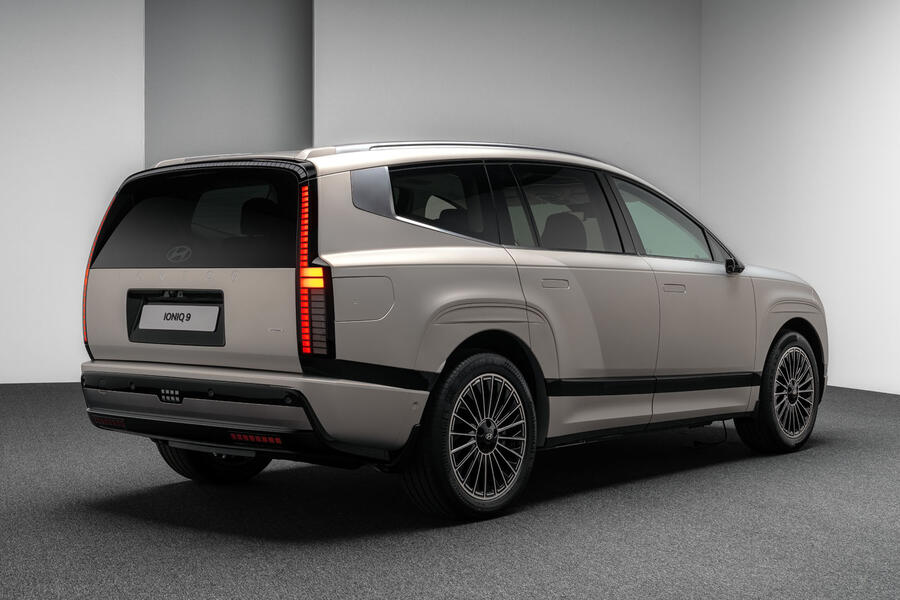
Loasby even went so far as to suggest there is potential for the Ioniq 9 to make a dent in the full-bore luxury segment. When asked if he expects even Range Rover owners to be tempted into making the switch, he said: “Absolutely. I could see a big band of people being tempted, and I can see a band of people saying absolutely not, as well. That’s okay.”
Hyundai Ioniq 9 powertrains
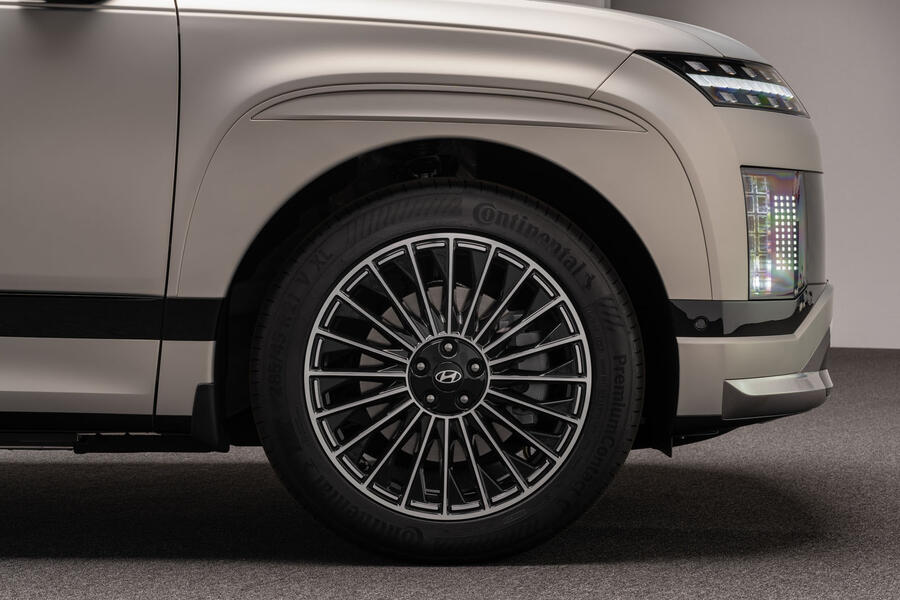
The Ioniq 9 will be available from launch with three choices of powertrain. The 215bhp, rear-driven Long Range car is the most efficient and has a claimed 385-mile maximum range figure, while the 303bhp dual-motor car returns 376 miles per charge and the top-rung 429bhp AWD Performance model manages 372 miles. They get from 0-62mph in 9.4sec, 6.7sec and 5.2sec respectively, and top out at 124mph.

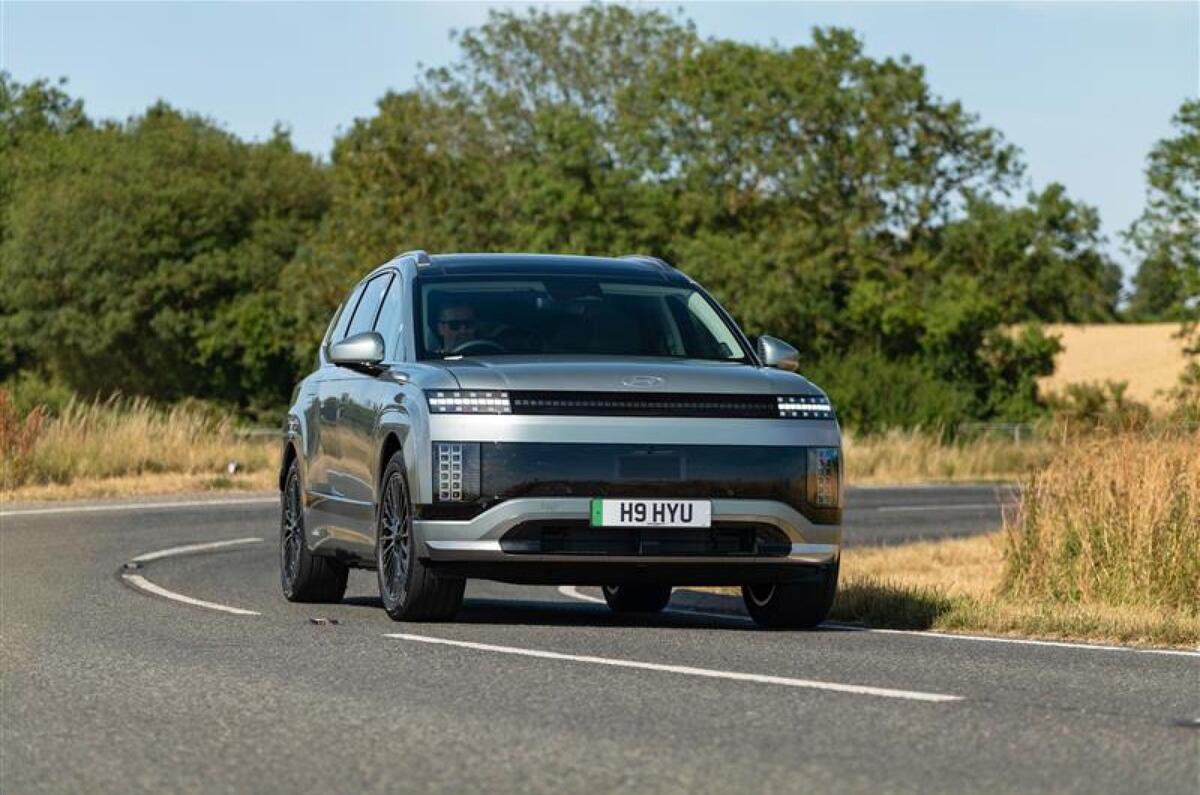
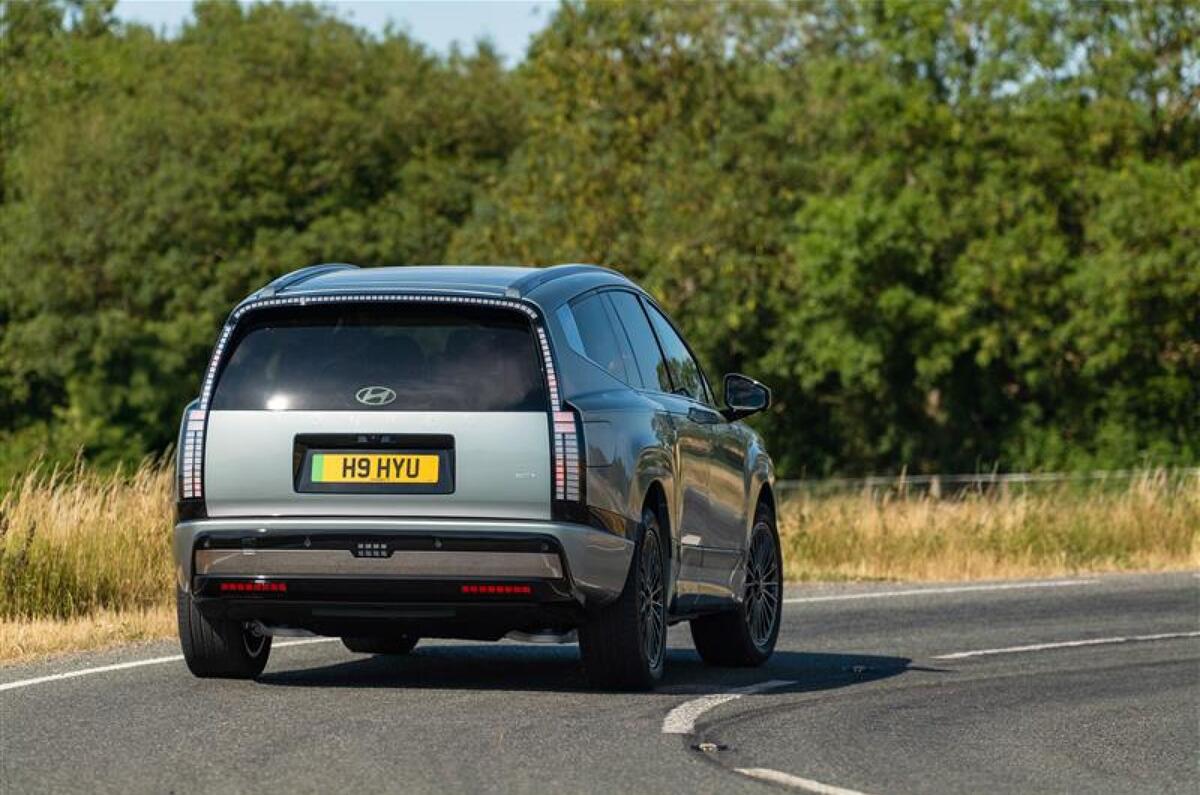
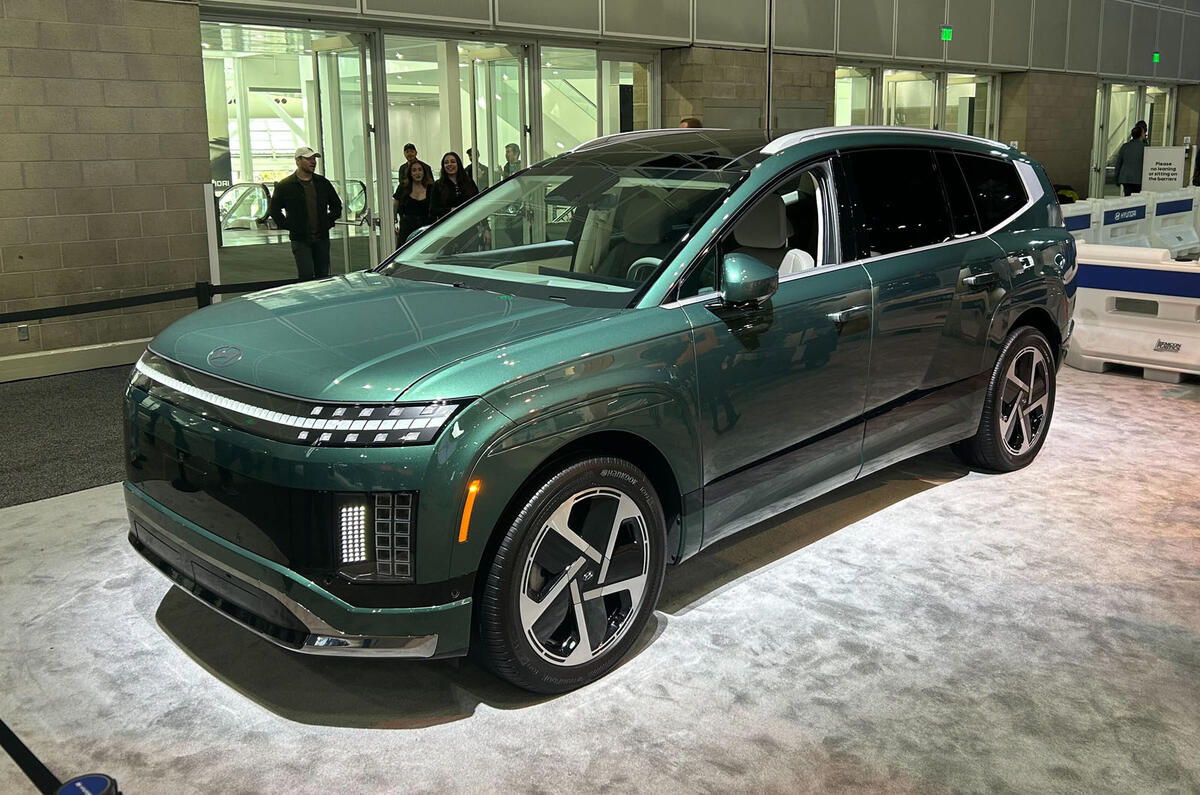
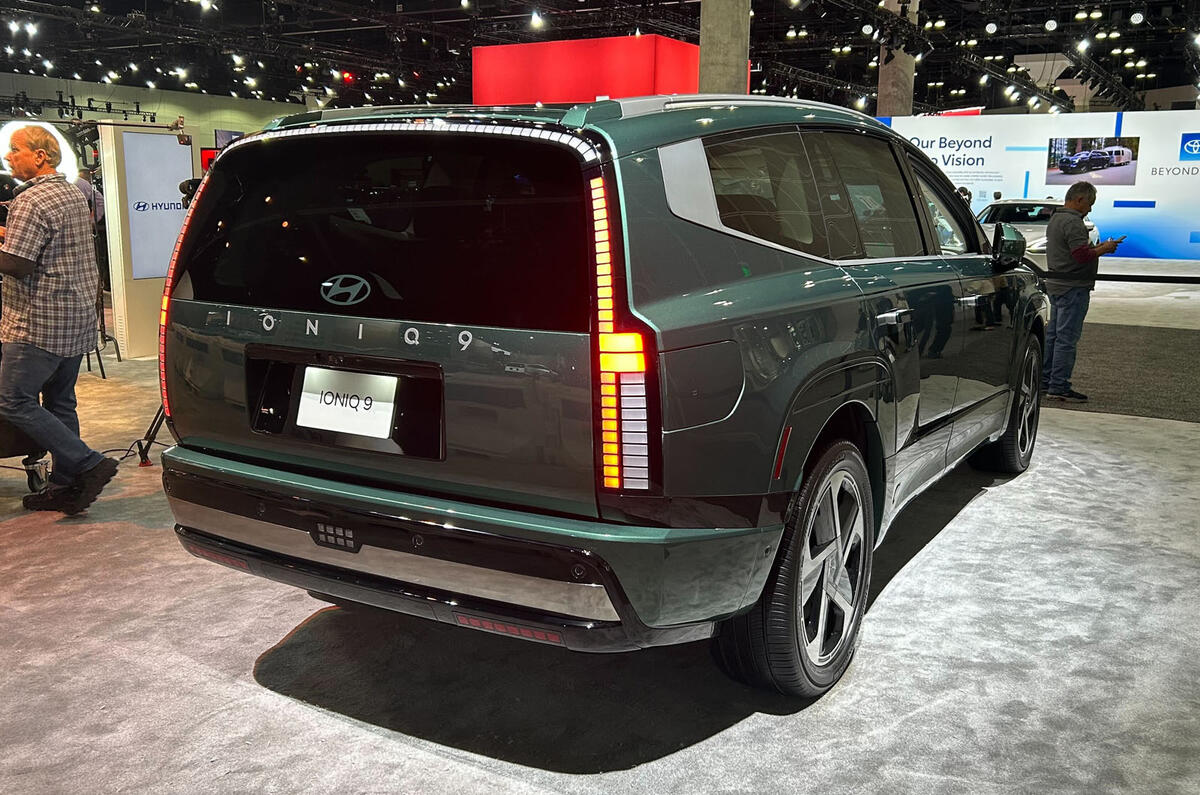
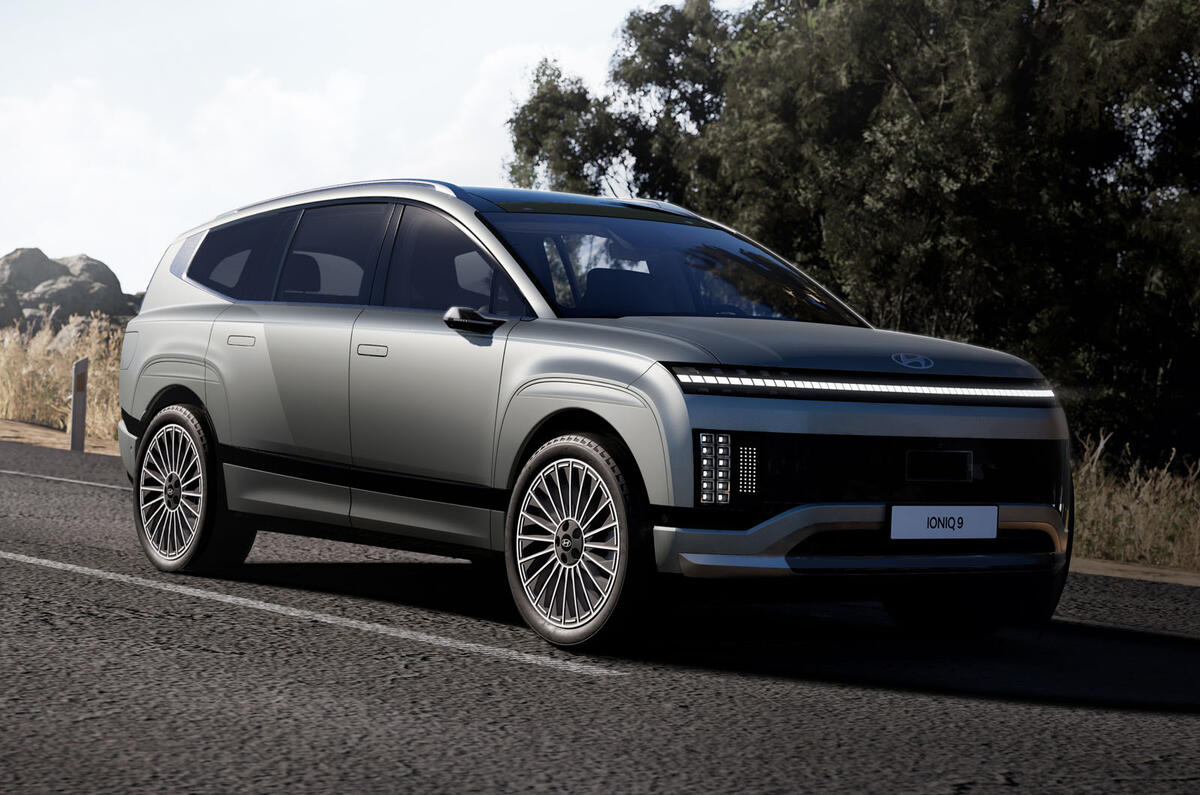
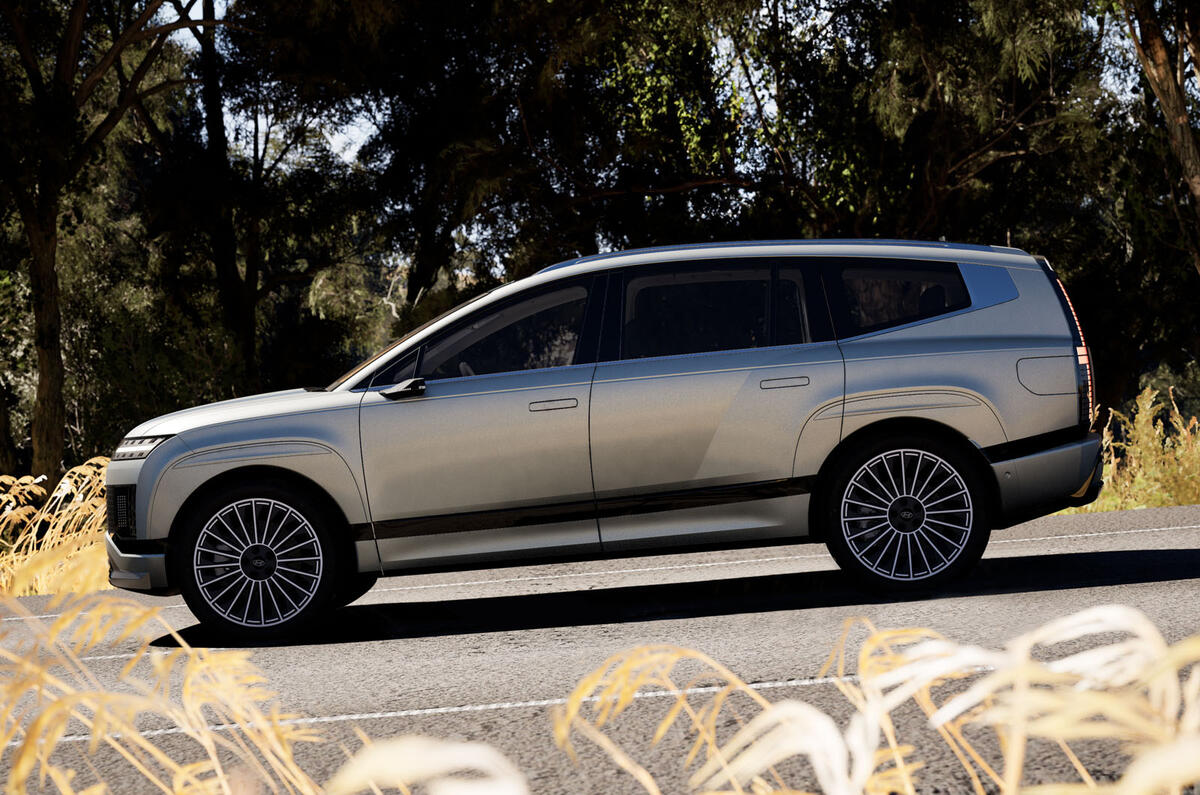
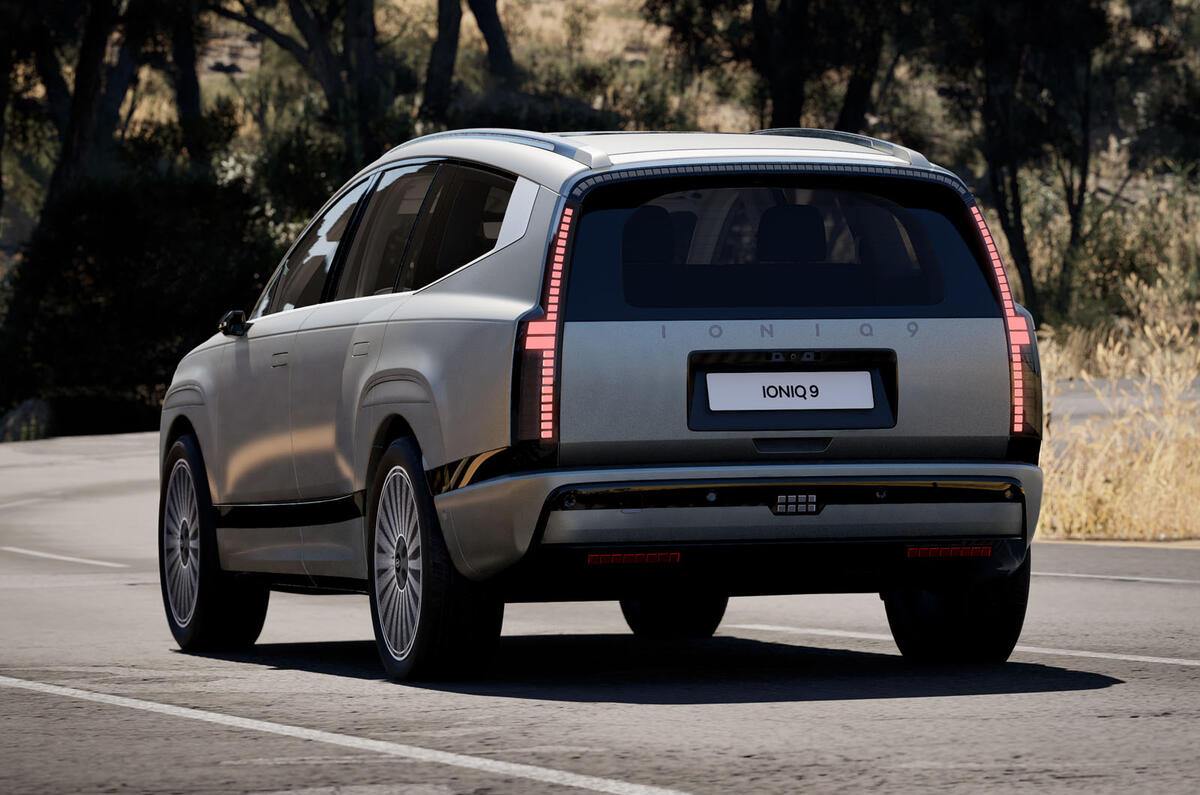
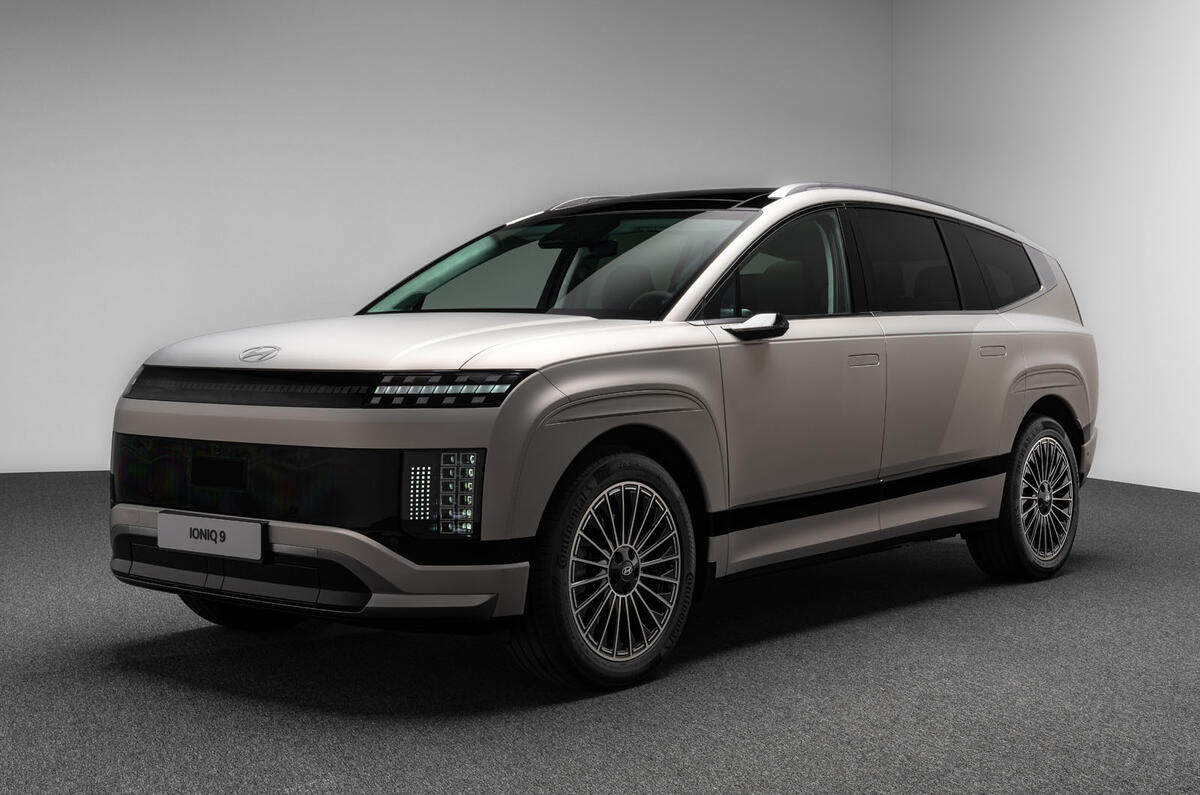
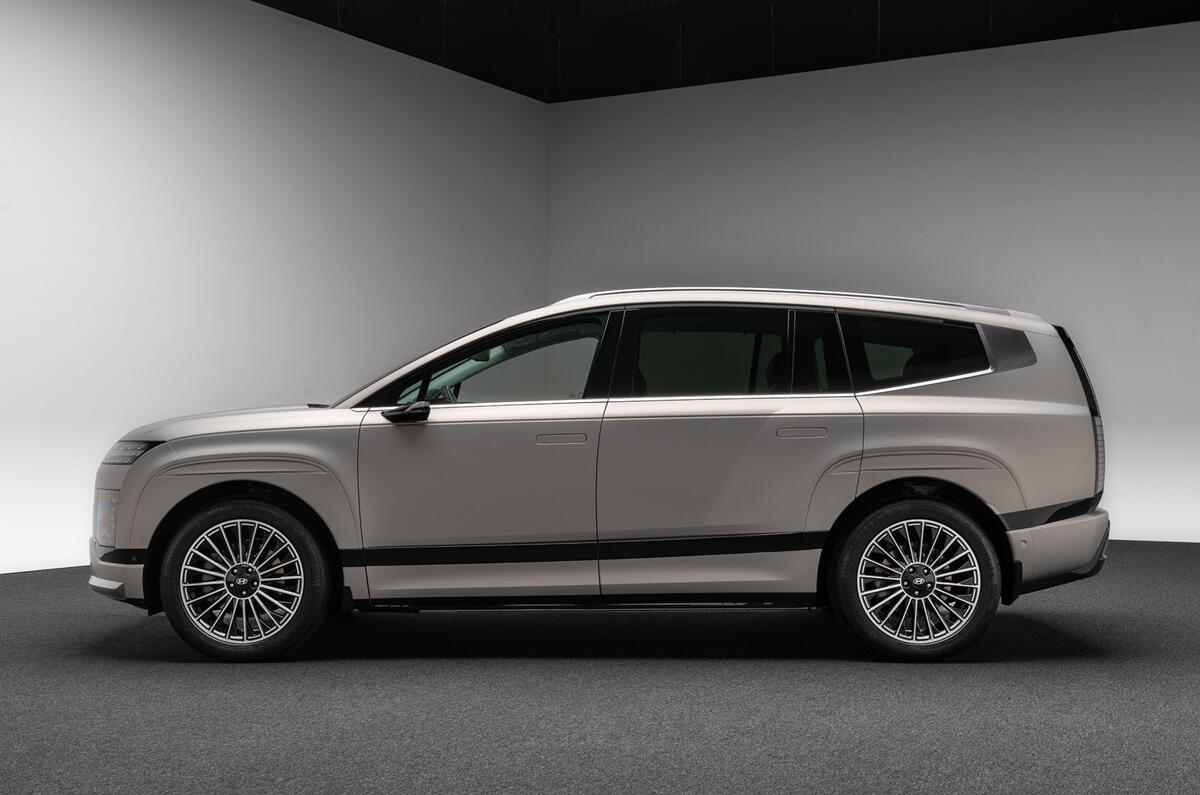
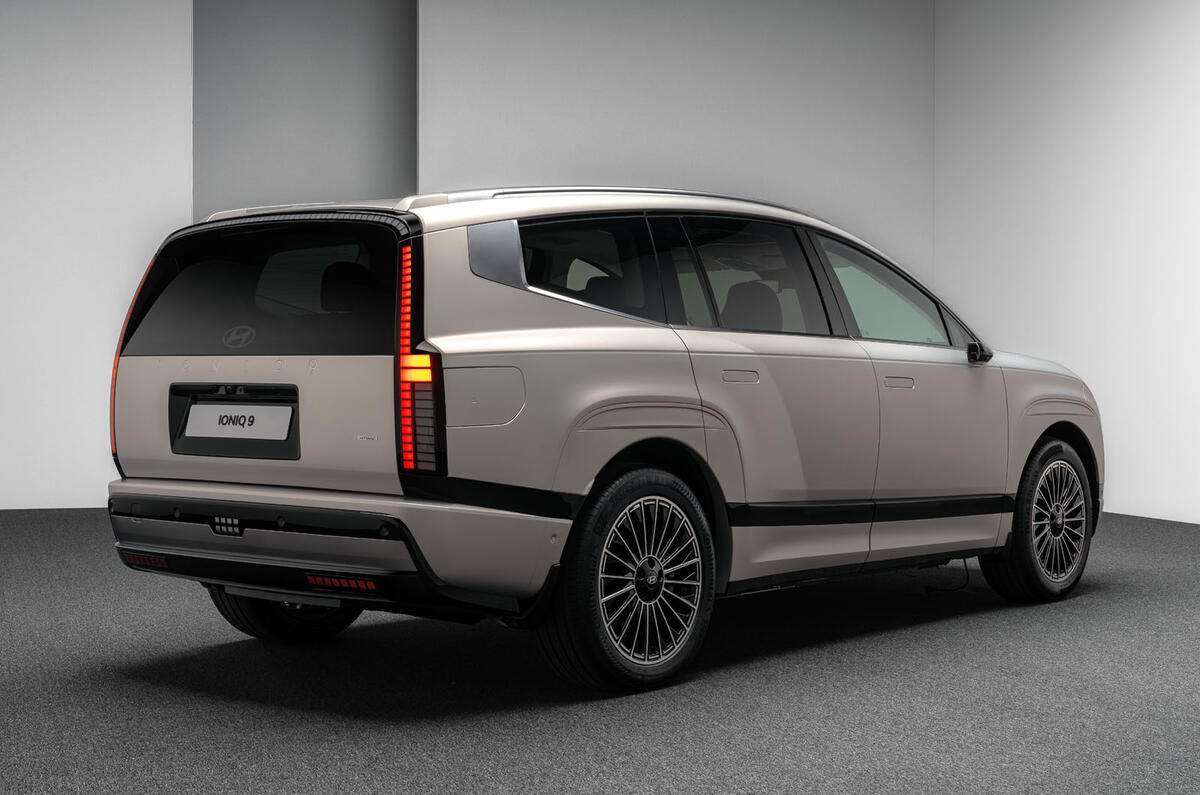
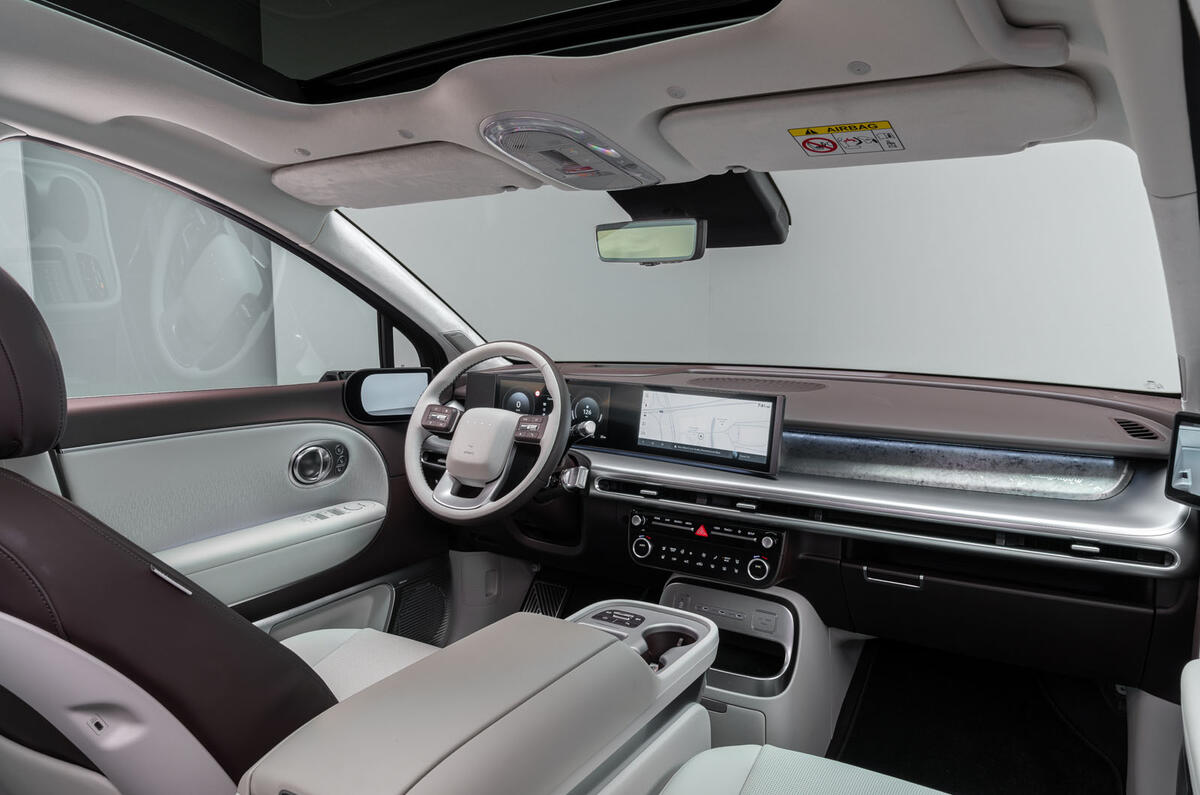
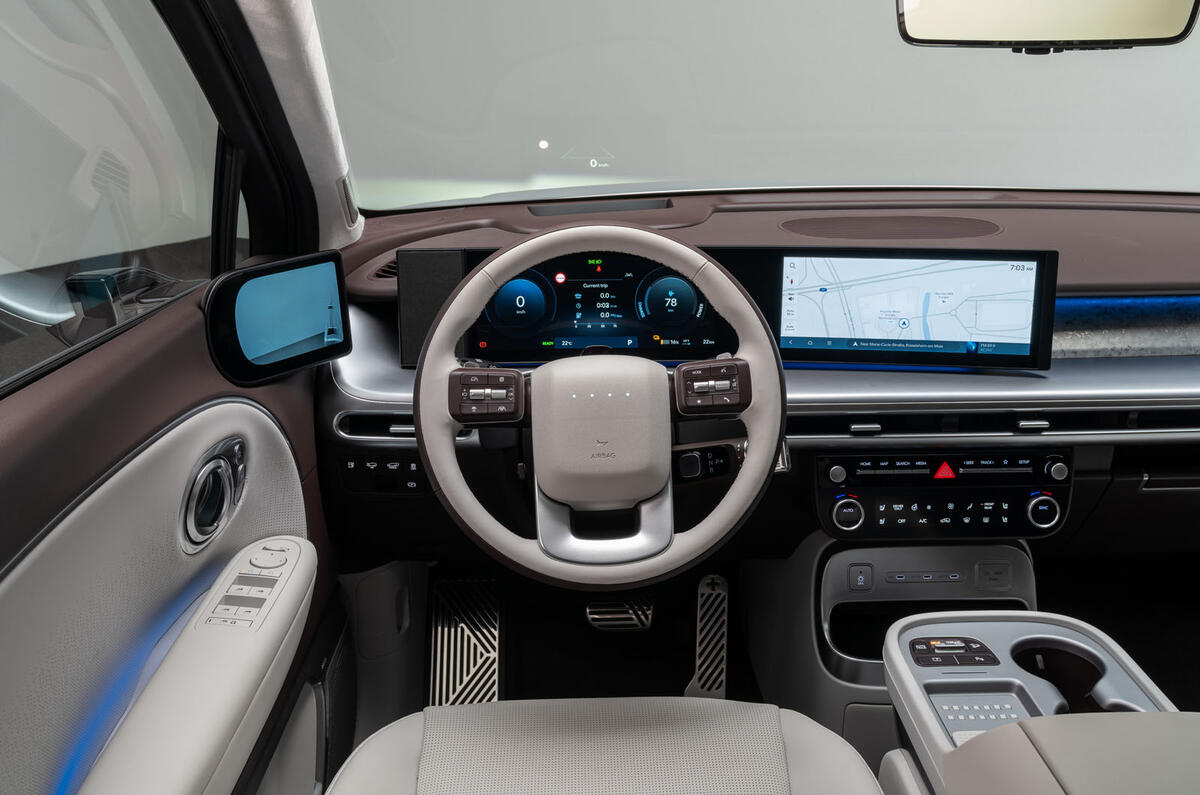
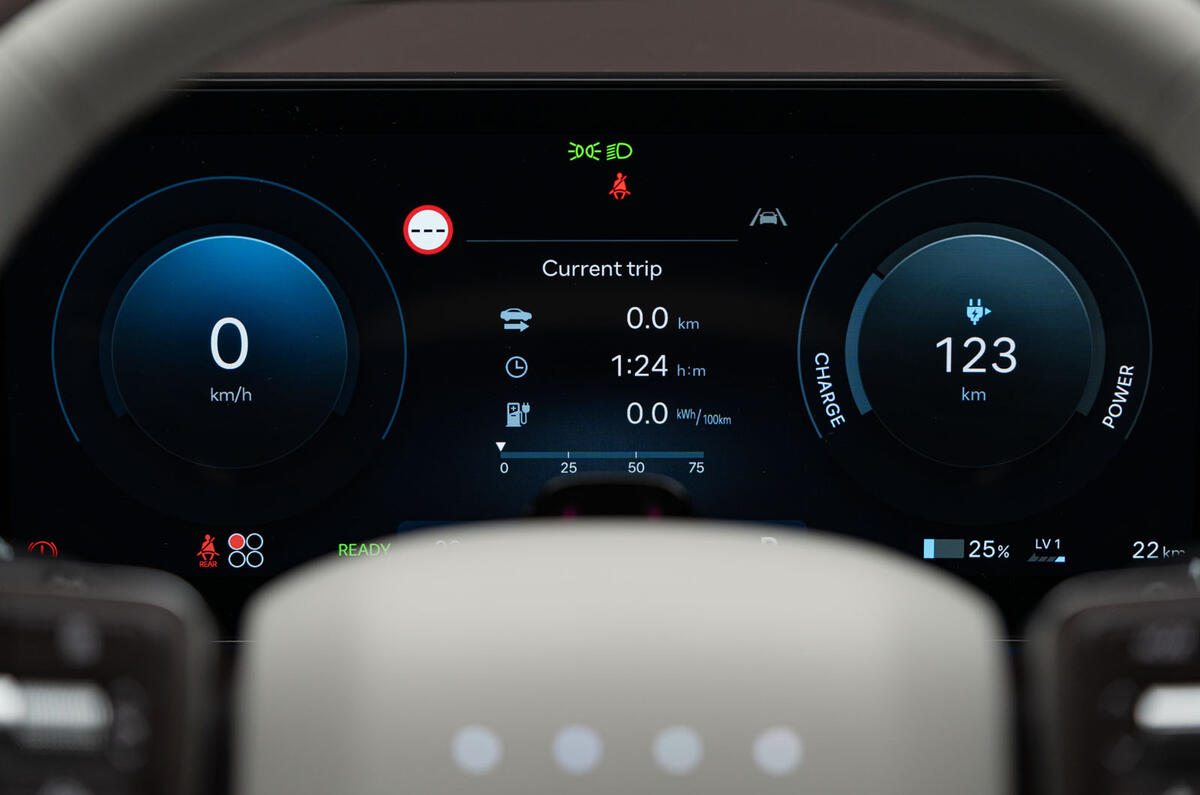
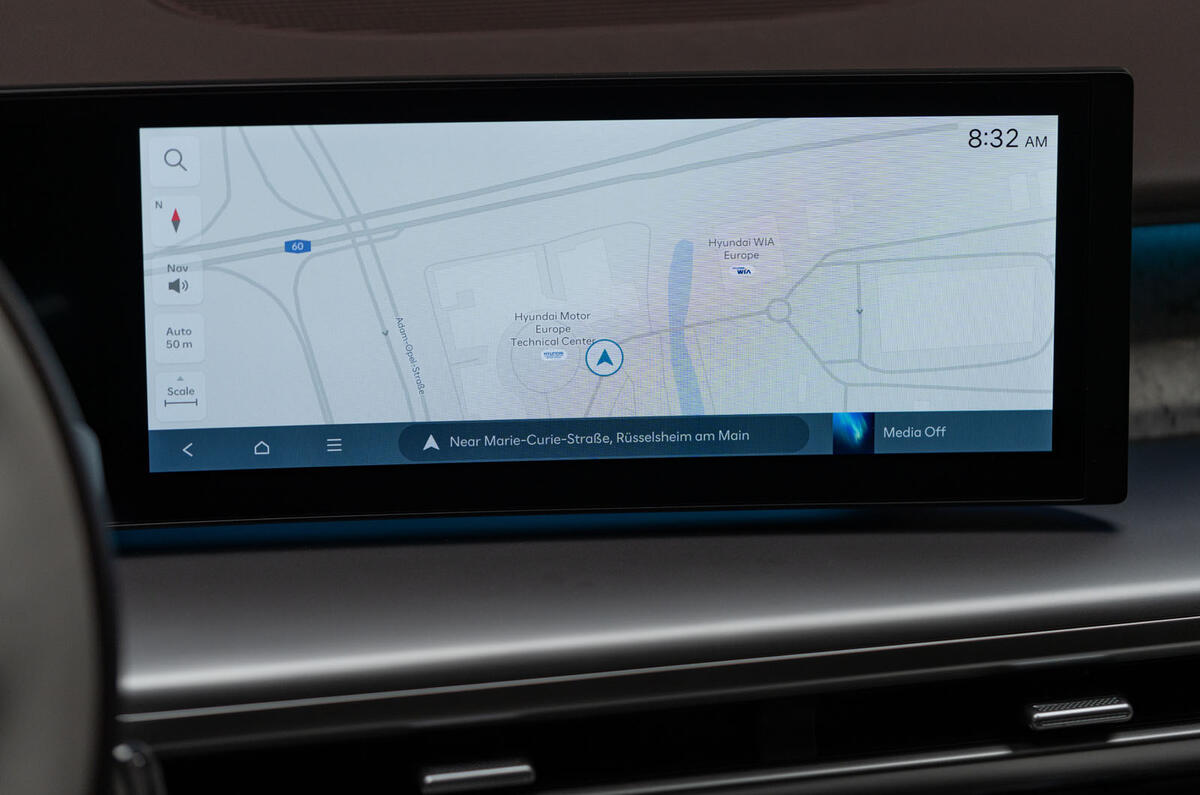
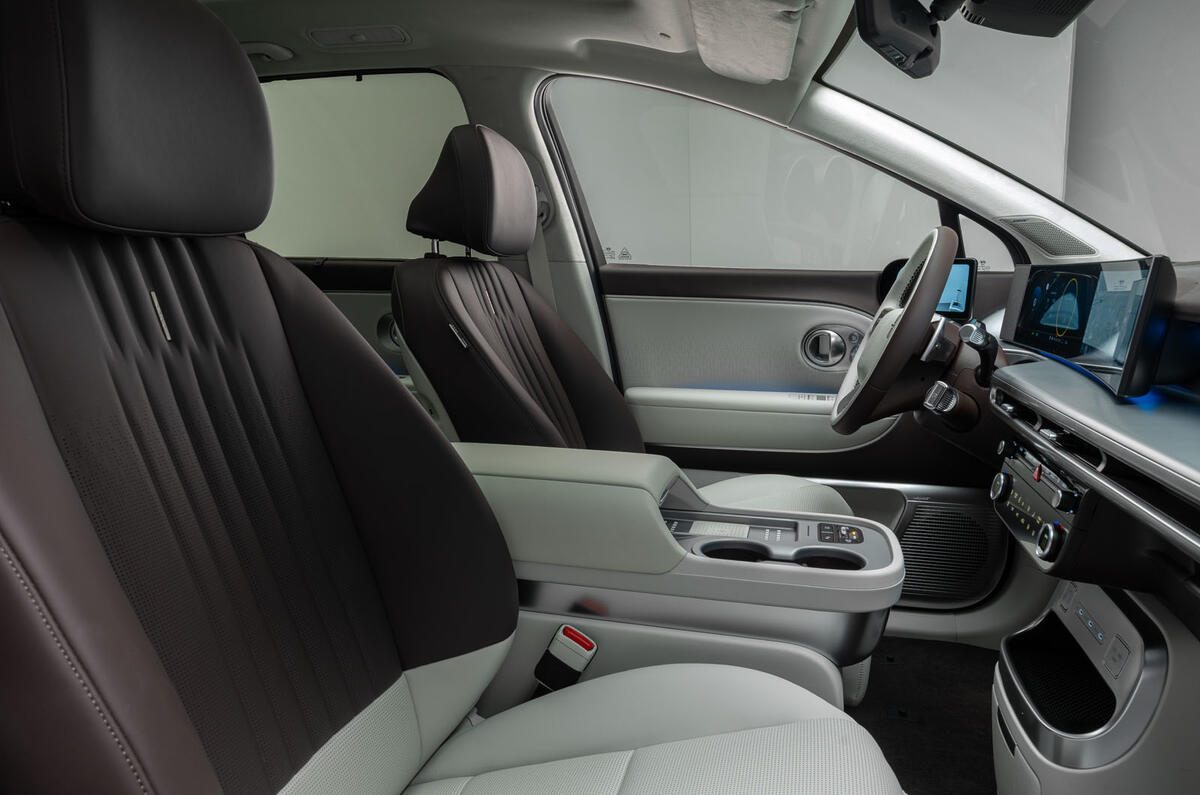
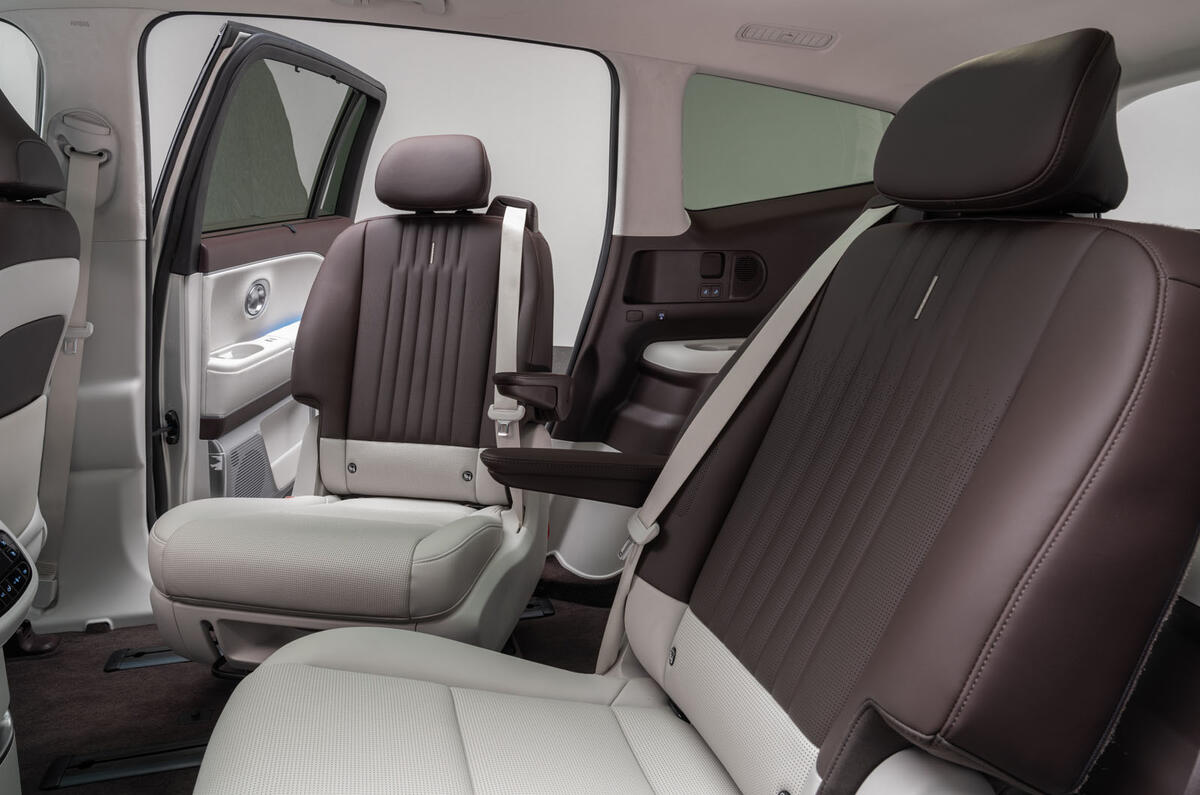
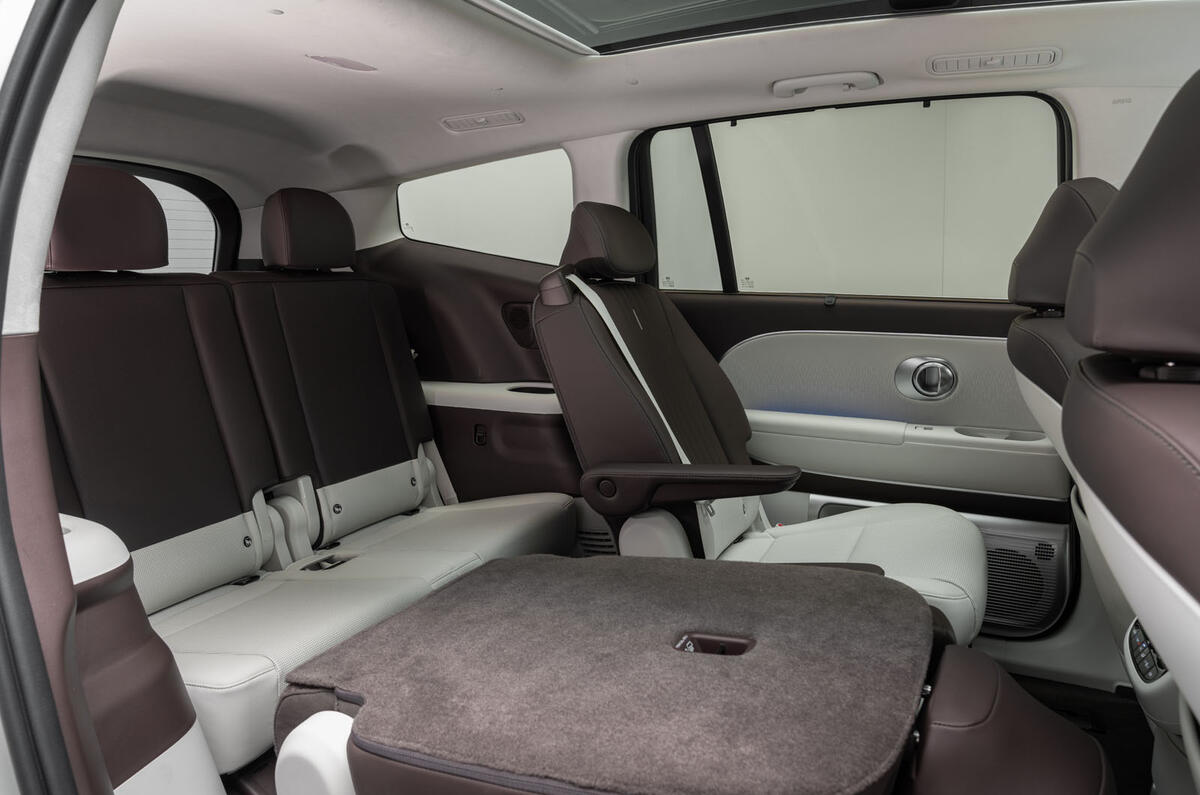
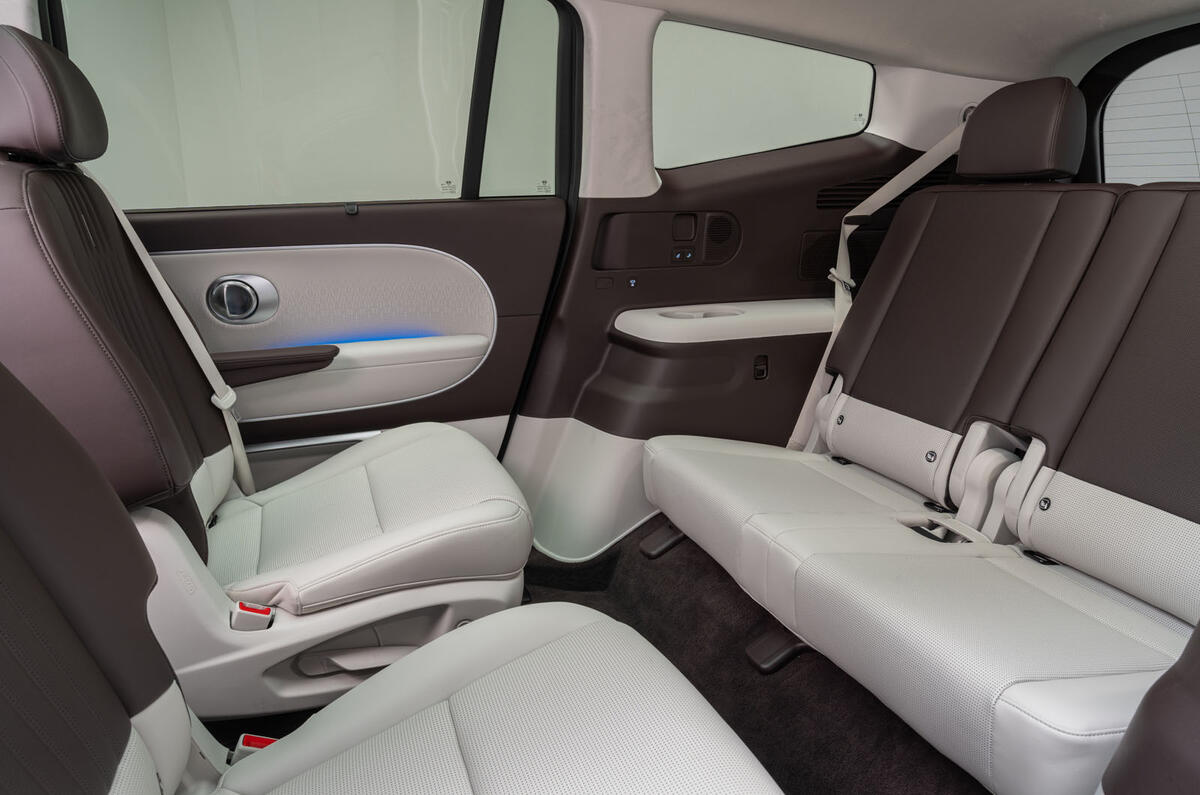
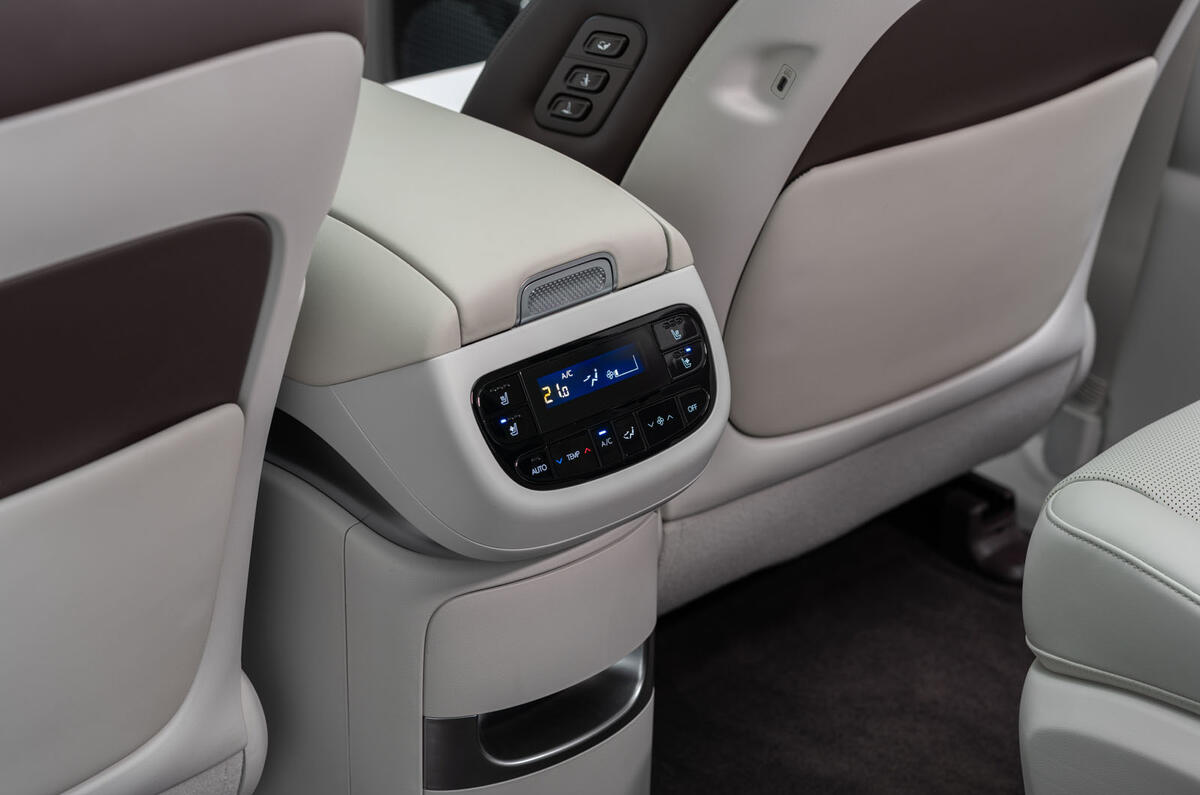
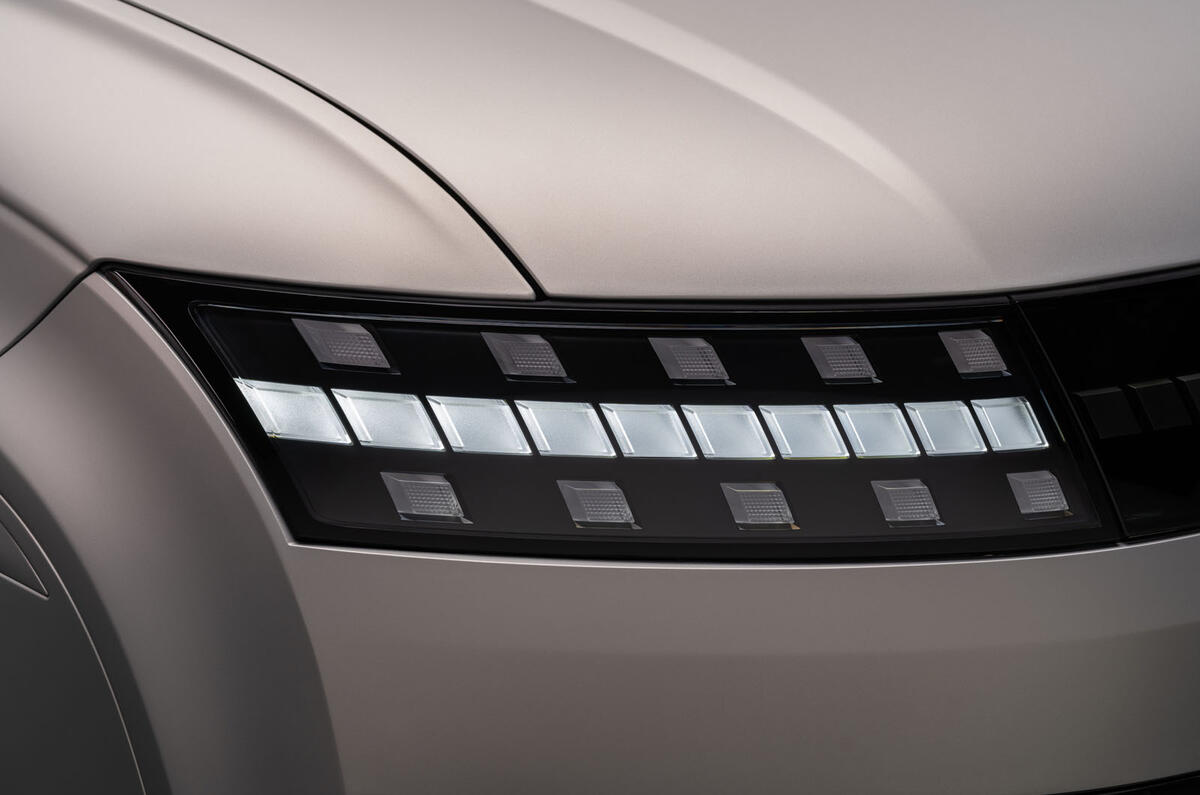
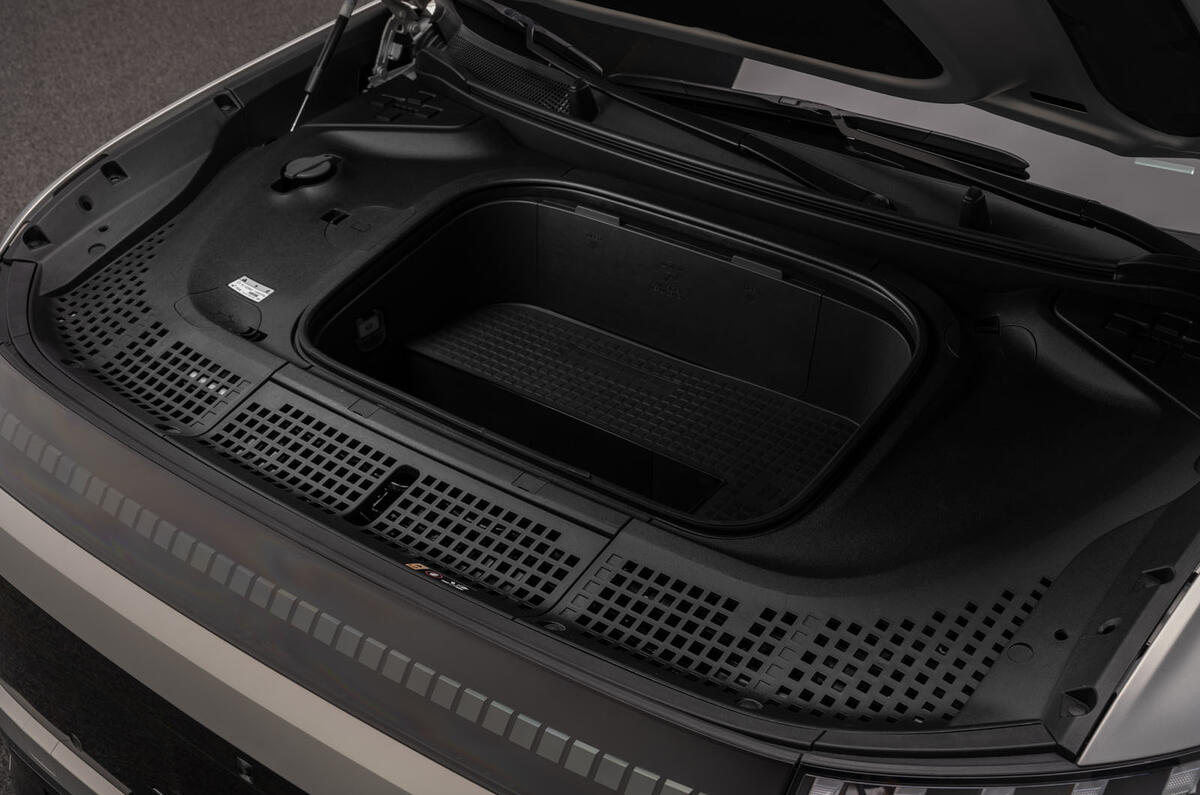
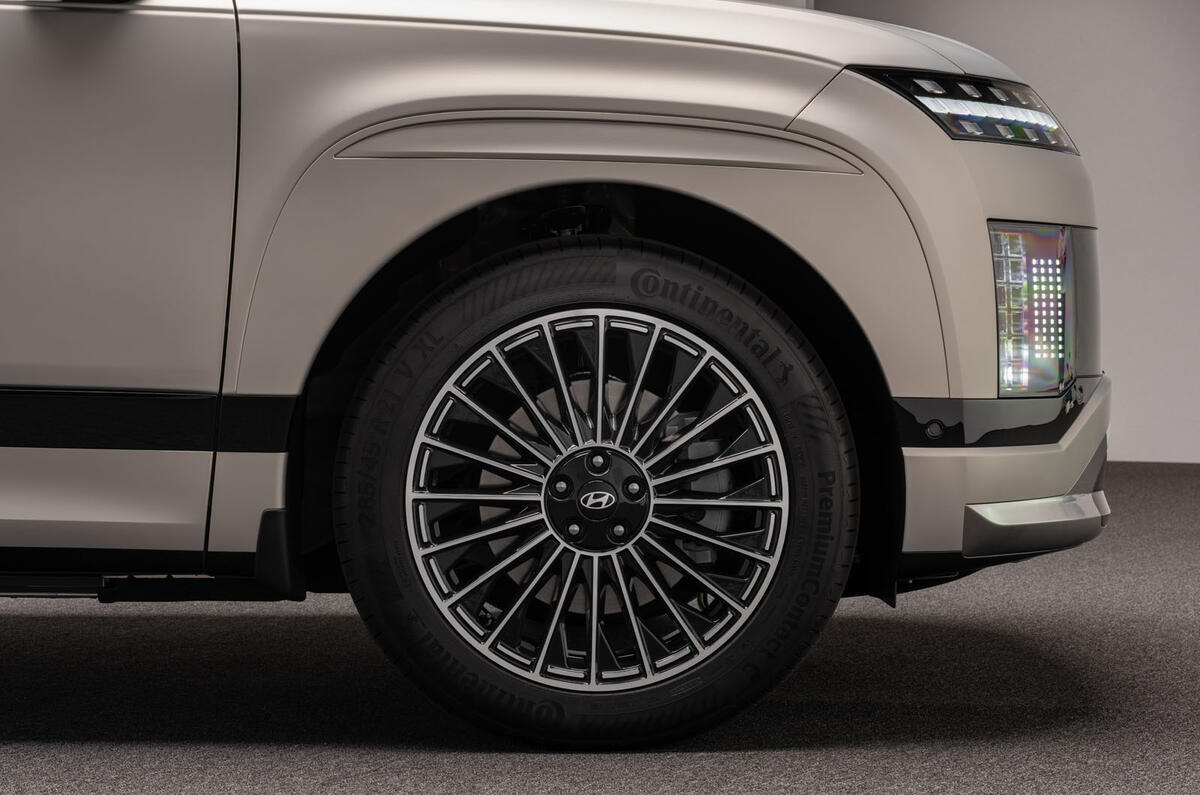
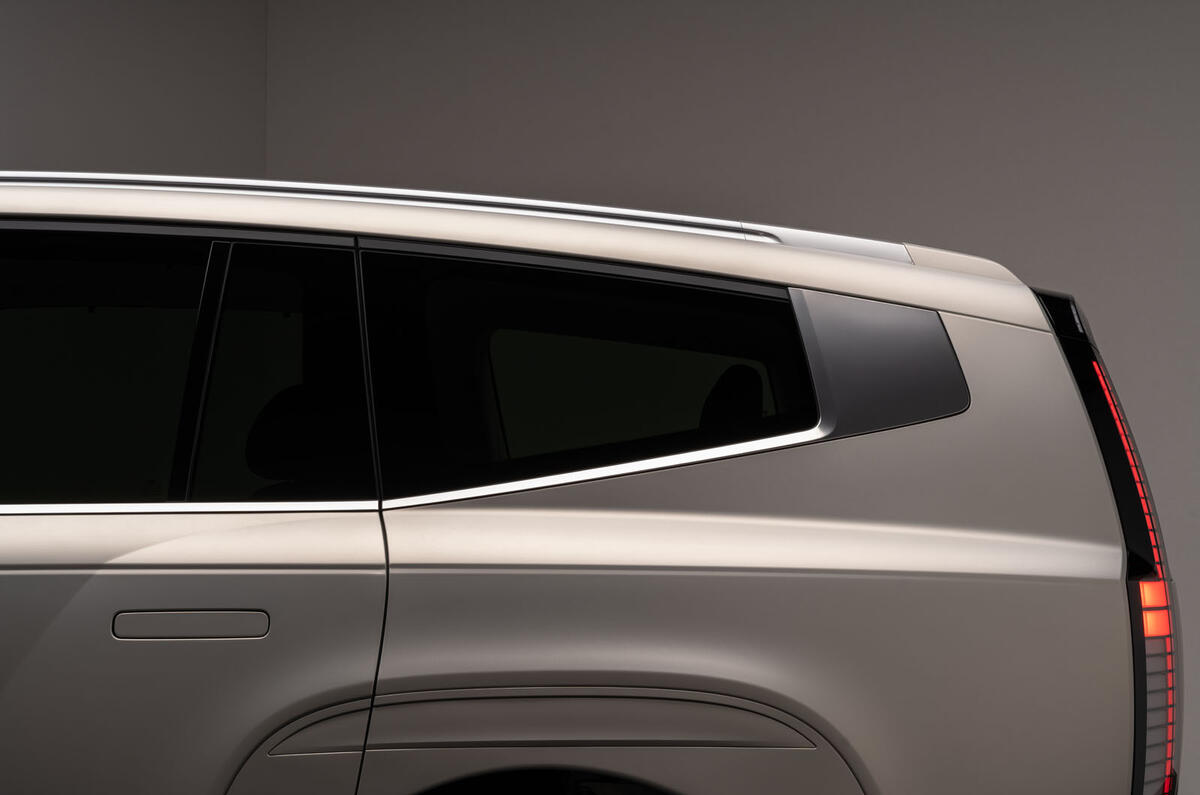
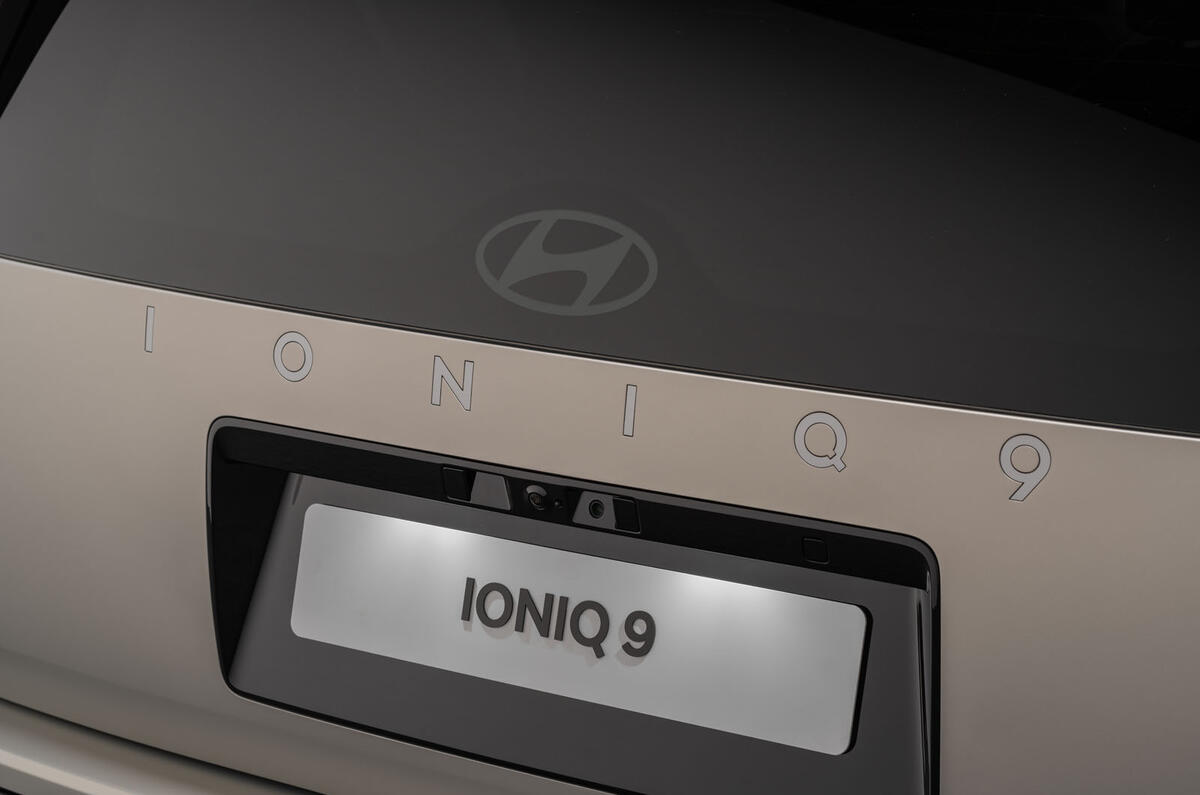
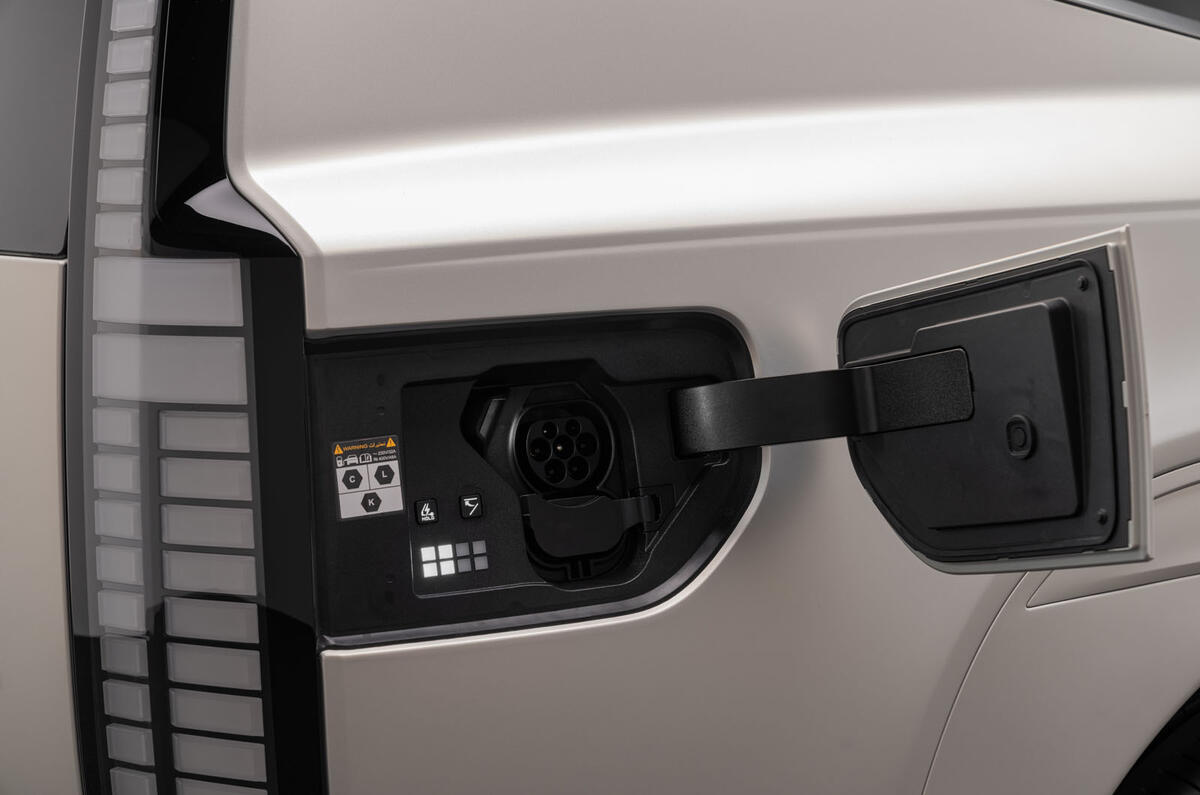
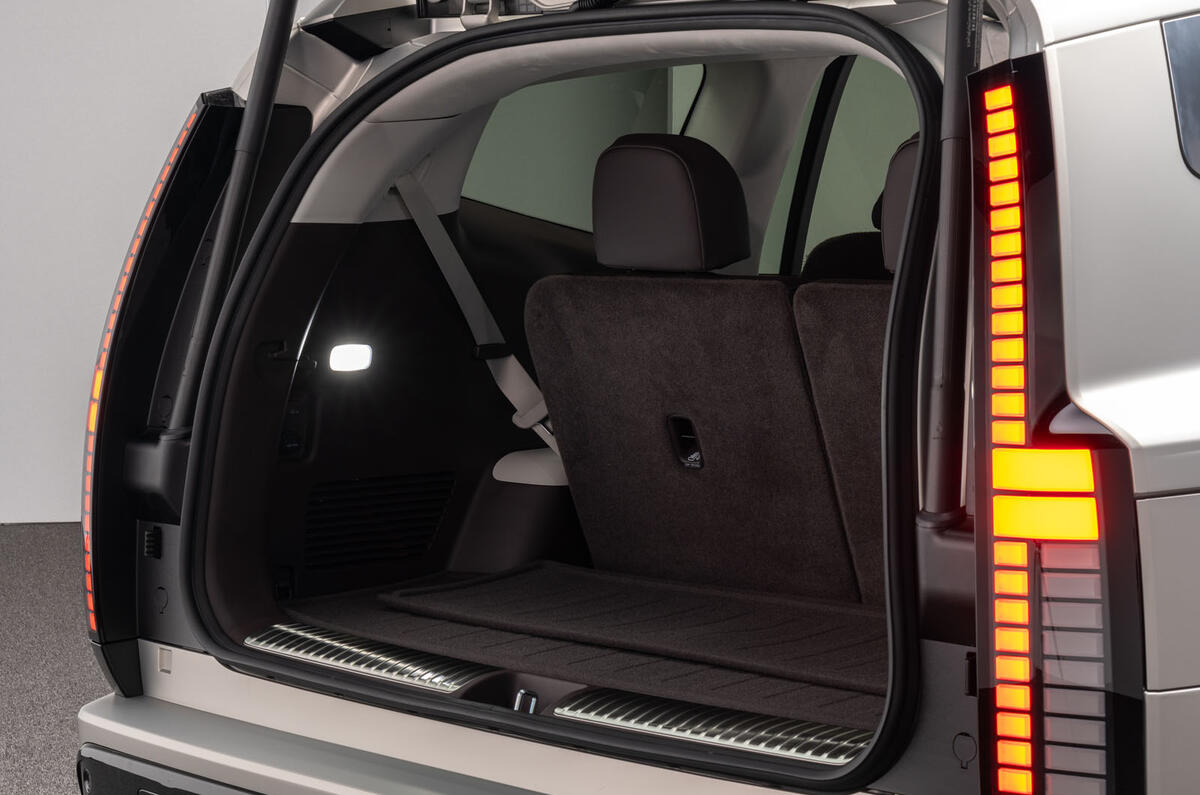
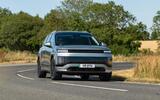
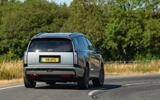
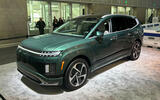
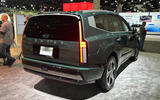
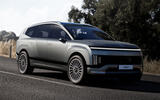

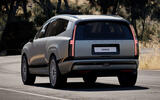
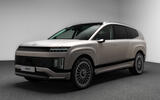
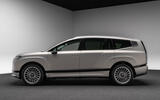
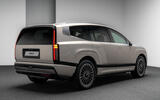
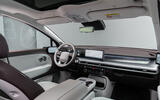
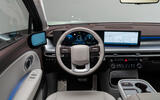
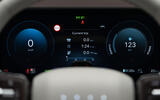
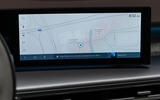
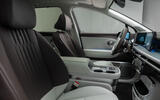


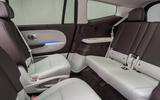
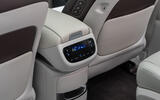
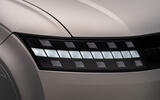
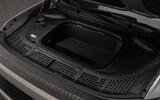
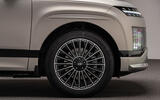
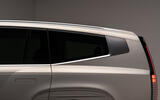

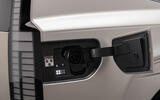





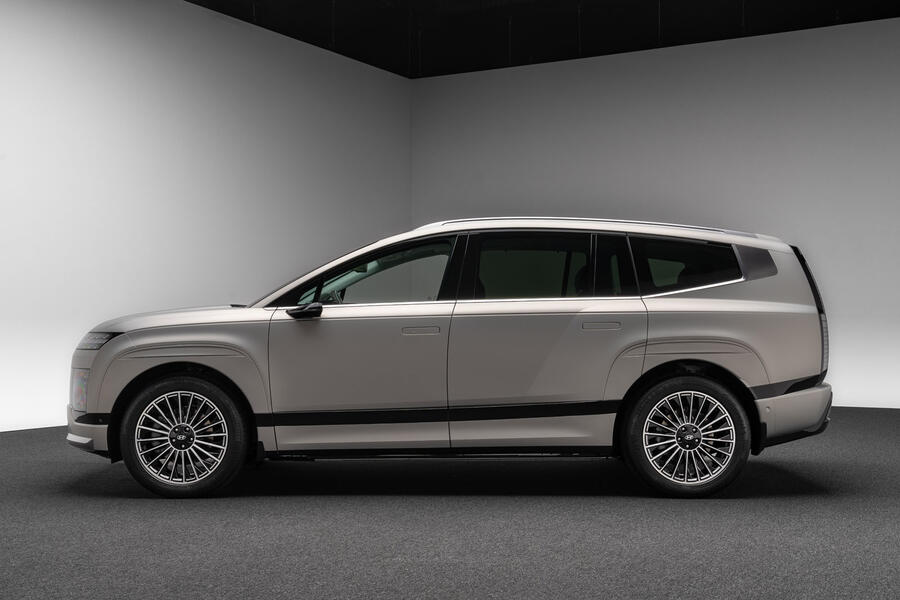
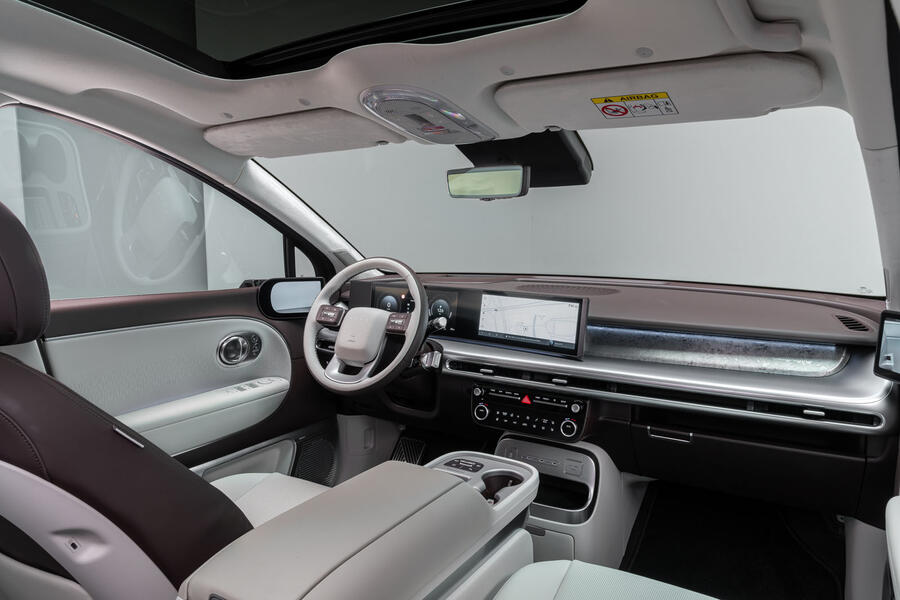
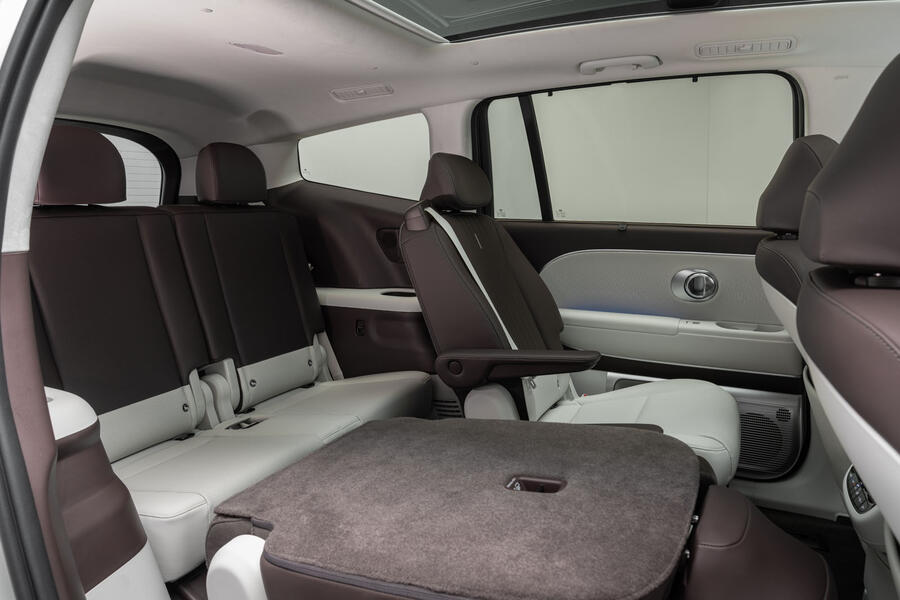






Join the debate
Add your comment
Makes the half complete far more expensive Volvo EX90 look the overpriced car it is. But that rear end looks like it's from another car.
And this is helping grow the UK economy?, there not built here, there's little car industry here as it is, the Government is reintroducing EV grants again by another name to try and persuade us the Tax payers to invest in what is today nit seen as a lot for an EV car that most are not able to afford for various reasons.
What a lumpy bland design! The Korean brands, are just not getting the fine balance of proportion and harmony in design. To compensate, throw in all the glitzy bit, tech bits etc to cover up the fact that it's not a well thought out product. Some colleagues in 2022 pointed out that Koreans are the Germans in Asia, in terms of design. It's rings true by each passing year, model after model, a discoherent mess, just like the current state of German design. The Chinese cars, at least some of them bearing big names are quickly getting far better than the Koreans. Design is subjective, even then the oddities are showing up very brightly.